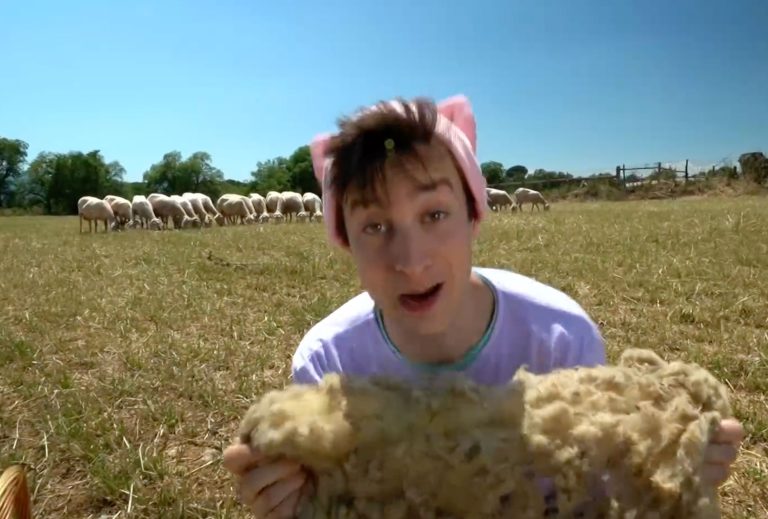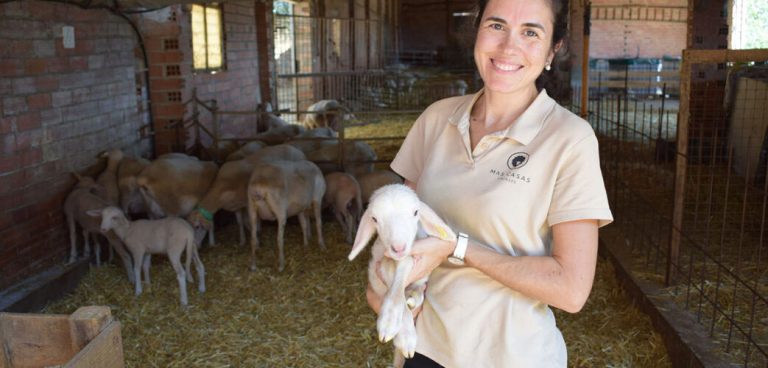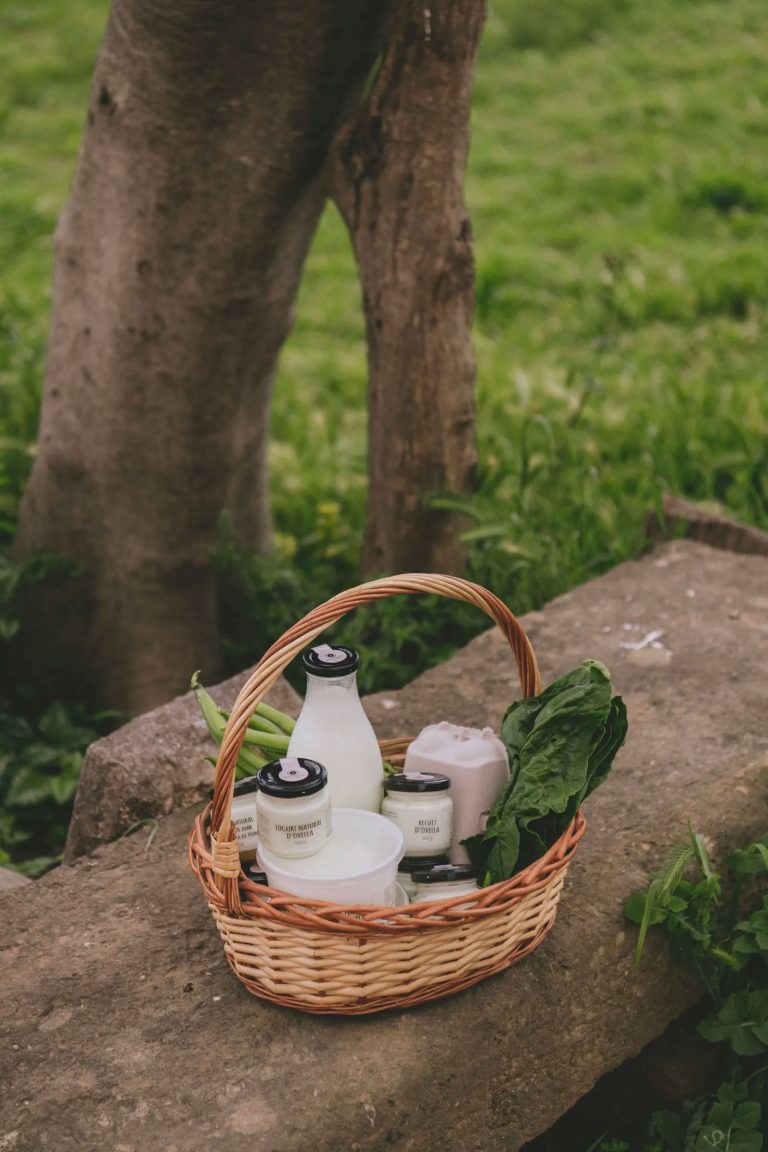Las Ramaderes de Catalunya are a group of cattle farmers that has organized to make their work visible, working women who claim the importance of their activity for the rural world, fertilizing fields, reusing agricultural waste, clearing forests and repopulating abandoned spaces. Determined to break with the stereotypes and myths of the rural world, the Ramaderes de Catalunya proclaim that "without shepherds, there is no revolution". This is his story.
Cattle farmers of Catalonia, bet on the land

The icy wind in the face, the feet sunken in several centimeters of snow and the sun that barely warms. Another day at the office. Life in the countryside is not idyllic, it is not like a weekend in a rural house, looking for pastoral frames to add a handful of likes on networks.
Because from the city, the rural world is shrouded in fog, and it's not just urban pollution, it's the myths that surround it. Myths that speak of nostalgia, purity, chirping birds and ears of corn in the mouth, but they also speak of savagery, delay, poverty and shotguns on the shoulder. Because nature is very beautiful but very unforgiving and undertaking the land presupposes, first of all, understanding it.
A group of women with very different profiles, but who agreed in their understanding of nature and the rural world, decided at the end of 2016 to organize themselves under the name Ramaderes de Catalunya. The objectives? Make their work visible in the rural world and in the agri-food sector to show the city that rural women also have a voice and a vote.

Because when the Department of Agriculture of the Generalitat confirms that women earn on average 23% less than men for the same job also in the agri-food sector, it is confirmed that there is a lot of work to be done, that organizations like the Ranches of Catalonia are more necessary than ever.
And what do these women have in common, apart from working as cattle farmers in Catalonia? Three are the indispensable requirements to be part of the group. The first is that they must work with extensive livestock, small ranches that oppose the way of work of intensive and industrial ranching.
Secondly, the cattle breeder has the responsibility of look after the well-being of their animals, so that no form of abuse is tolerated. And lastly, livestock must be an active part of the work, it must be an indispensable part of the project: it doesn't work to have a family in the village that takes care of a couple of sheep and spends one weekend a month there.
Almost five years after its foundation, the Cattle Breeders of Catalonia have advanced considerably in their objectives. Their voices have resonated in the city understanding the importance of their work for achieve food sovereignty, raising animals for, above all, feed your community. And what is more important, the number of associates has not stopped growing since then, demonstrating that you can bet on land and win.
Discovering the work of Las Ramaderes de Catalunya

The best way to get to know the work of these Catalan cattle farmers is to approach their farms, which, as they themselves say, are open to anyone who wants to understand their work. And it's also a good excuse to visit some of the most fascinating places in the region, such as the one that surrounds it him, in full Pyrenees leridano, where the animals graze 30 goats.
It was in March 2016 when Sara Gutiérrez and Miquel Àngel Queralt brought 30 goats from France, the herd with which they began their work and which, finally, gave number to their project. In love with Cerdanya, from their mountains and valleys, decided to leave their jobs as photographers in those who spent their lives here and there following sports competitions, to settle in the paradise of Lerida.
Formed in the School of Shepherds of Pallars and with practices in a small one firm in the French Ariège, they returned to Éller ready to fulfill a dream. But making that dream come true, as they themselves say, was not easy: "Unlike what one might think when you arrive, a small town is not always a guarantee of companionship, fraternity or a good environment". But when the first artisan cheeses made from raw goat's milk are sold in the market, everything fits, the effort has been worth it.
From Cerdanya Lerida we go to Baix Empordà in Girona to learn about the project that Mas Casas it's in Cruïlles. The third generation of breeders of this farm combines the traditional breeding of sheep and goats rural experiences focused on tourism. More houses sell artisanal products such as sheep's milk and cheese and lamb, but they also open their farmhouse for guided tours, gymnasiums, permaculture in ecological gardens and hasta mindfulness among sheep.

We now pass through the province of Barcelona to learn about the silvopasture of forest scavenger in you drink. As Cristina, the shepherd of this project, indicates, silvopasture involves managing the forests with herds of Cabra Blanca de Rasquera and Oveja Ripollesa, native breeds that graze outside every day. His activity is fundamental for him rebalancing the ecosystem minimizing the risks of forest fires as a consequence of the abandonment of the field.
And from Begues we go west again to visit Algeria in the region of The Walnut where we know PlaOví, extensive livestock farm that was awarded Ap! Lleida to the best Agro company. Jordi and Gemma are responsible for this project that was born from the need to be a complement to the family agricultural business by providing fertilizer to the land for achieve an ecological 100% cultivation. To close the circle of nature and offer quality meat, in PlaOví they were clear that they had to bet on extensive grazing and cattle breeding, the reason for being of all these Breeders of Catalonia.
More information:
https://www.publico.es/viajes/sin-pastoras-no-hay-revolucion-descubriendo-a-las-ramaderes-de-catalunya/








